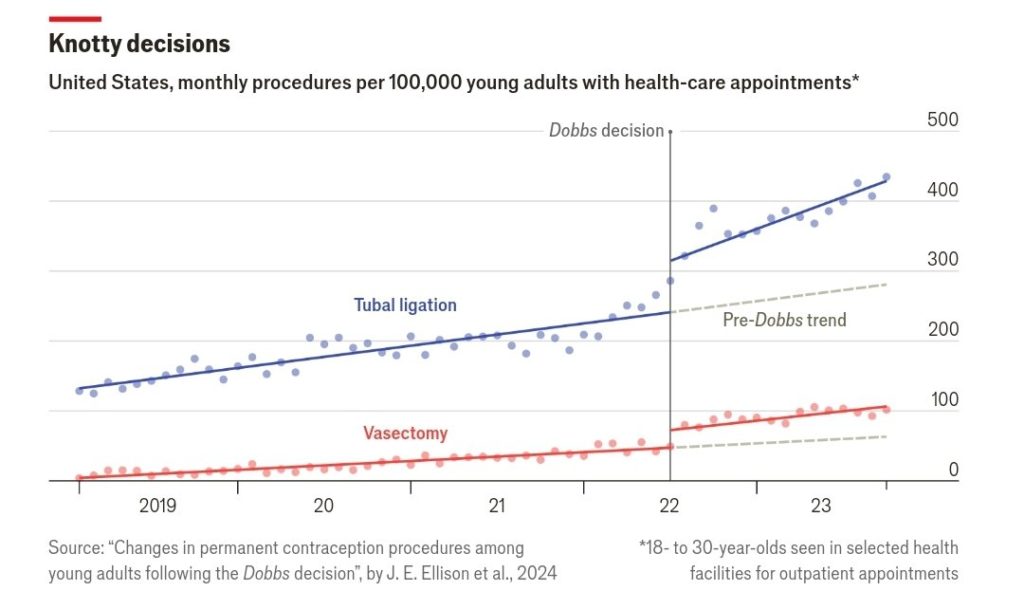Bonjour! Here’s your PolicySphere morning briefing! If you were forwarded this, here’s more about who we are and what we’re doing and, of course, don’t forget to sign up.
We apologize for the relative tardiness of today’s newsletter, but it was all in service of a good cause: we were interviewing Saurabh Sharma, Executive Director of the Edmund Burke Foundation, about the events that transpired during the National Conservative Conference in Brussels. If you haven’t followed the disgrace that was the Belgian police’s attempt to shut down a peaceful intellectual conference, you should read our exclusive interview here.
Meanwhile, interesting economic news in recent days:
#Debt – We recently linked to a WSJ article arguing that investor appetite for Treasuries is declining. So we must link to this counterpoint by the firm Fisher Investments, arguing that demand for Treasuries is alive and well.
#Currency – Steno Research, a macroeconomics and cryptocurrency research firm, believes that “a major devaluation of the Chinese yuan may be imminent.”
#TheEconomy – Erik F. Nielsen, an economist for UniCredit Bank, wrote a research note after attending the IMF Spring Meeting and speaking to numerous policymakers in Washington. “The economic outlook is fundamentally more uncertain than at any time during the 40 years I have come to IMF annual and spring meetings,” he writes. “For 30-odd years,
the wonders of globalization had put economic policymaking in the driver’s seat because of the belief that open borders for trade and investment in a reasonably even playing field would benefit everyone sufficiently to reduce – if not eliminate – the risk of war. In a speech in January 1999, then Deputy Secretary of the US Treasury, Larry Summers, observed that no two countries with a McDonalds had ever fought a war (which was accurate at the time). However, the rise of China and the flexing of its increasingly impressive economic, political – and military – muscles around the world and, particularly, Russia’s invasion of Ukraine two years ago (with China and much of the ‘global south’ either agnostic or even siding with Russia), led to a paradigm shift.” More here.
#TheEconomy – US retail clothing giant Express has filed for bankruptcy. (Link)
In other policy news…
#Gender – Independent Women’s Forum is suing the Biden Administration over its Title IX regulations, which include pro-trans regulations as well as expansive definitions of sexual harassment that punish speech. You can read the press release here. Megyn Kelly also covered this on her podcast. Here’s the great Inez Fletcher’s segment.
#BigAg – Federal agriculture subsidies benefit no one except hedge funds, argues R Street’s Nan Swift.
#Trade – Cato’s Scott Lincicome, maybe the most effective pro-trade advocate today, writes about a new paper highlighting how trade benefits poor consumers. Trade skeptics will point out that the benefits in terms of consumer purchase don’t compensate job loss–it’s an important debate.
#BigTech #Monopoly – Interesting new NBER paper looking at commissions charged by app stores. The most important finding for the purposes of those who would ban those commissions is that, at least according to the paper, they would lead to higher device prices.
#GenerationalWarfare – Alarming new NBER paper, looking at the expanding age wage gap. “We propose a conceptual framework of the labor market in which firms cannot change the contracts of older employees and cannot freely add higher-ranked positions to their organizations. In this model, a larger supply of older workers and declining economic growth restrict younger workers’ access to higher-paying roles and widen the age pay gap in favor of older workers.” Aging societies have many problems.
#ElectionInterference – RAND paper looking at potential threats to the 2024 US election. As much as “election interference” has been used as a meme and conspiracy theory by segments of the left to delegitimize the results of the 2016 electon, election interference is nevertheless a real risk, which it’s important to look at with cold blood and clear eyes.
#K12 – IWF Senior Fellow Kaylee McGhee White with an op-ed analysing a new education study which will surprise few readers of this newsletter, but still worth keeping in mind: “It turns out that private schools, especially religious ones, are not only more likely to help students achieve academic success but are also more likely to help make sure they become good people. After analyzing 57 international studies, researchers from the University of Arkansas and the University of Buckingham found private school students were more likely than their public school peers to be politically tolerant, civically minded, and engaged in their communities.”
Chart of the Day
Increasing numbers of Americans are choosing to sterilize themselves, The Economist reports.

Meme of the Day

